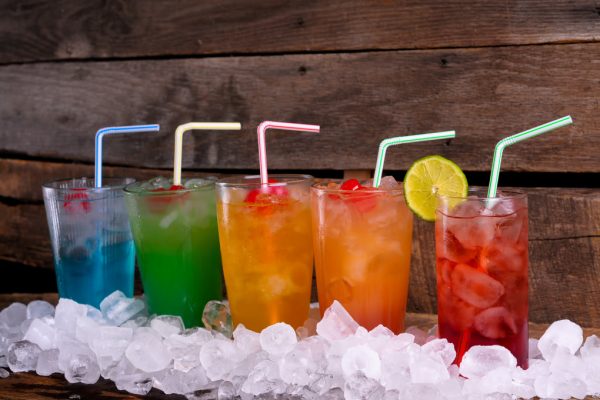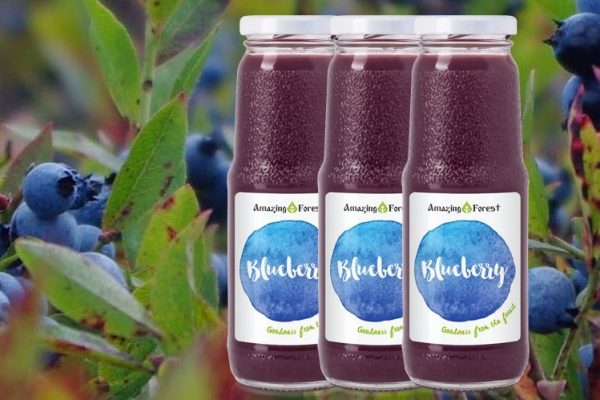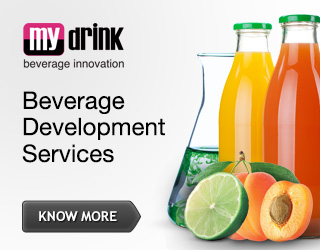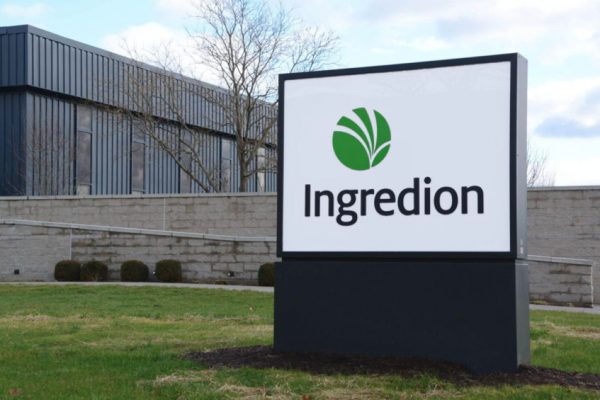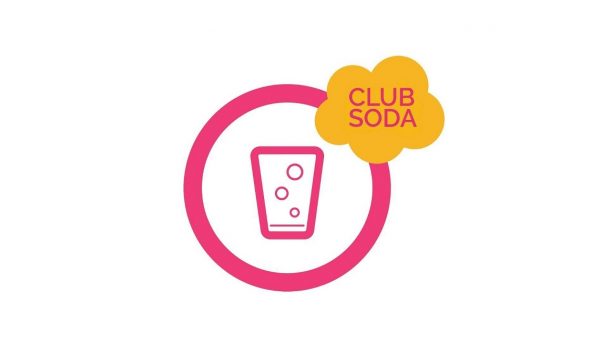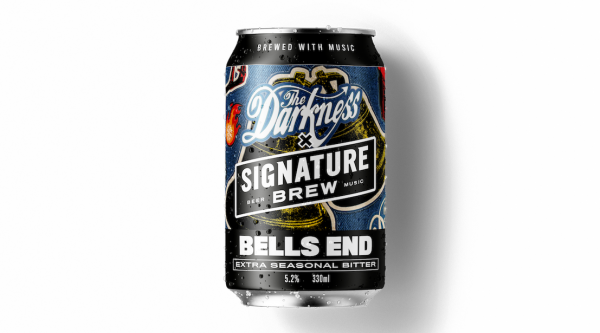How To
Tips to Scale Your Beverage Startup
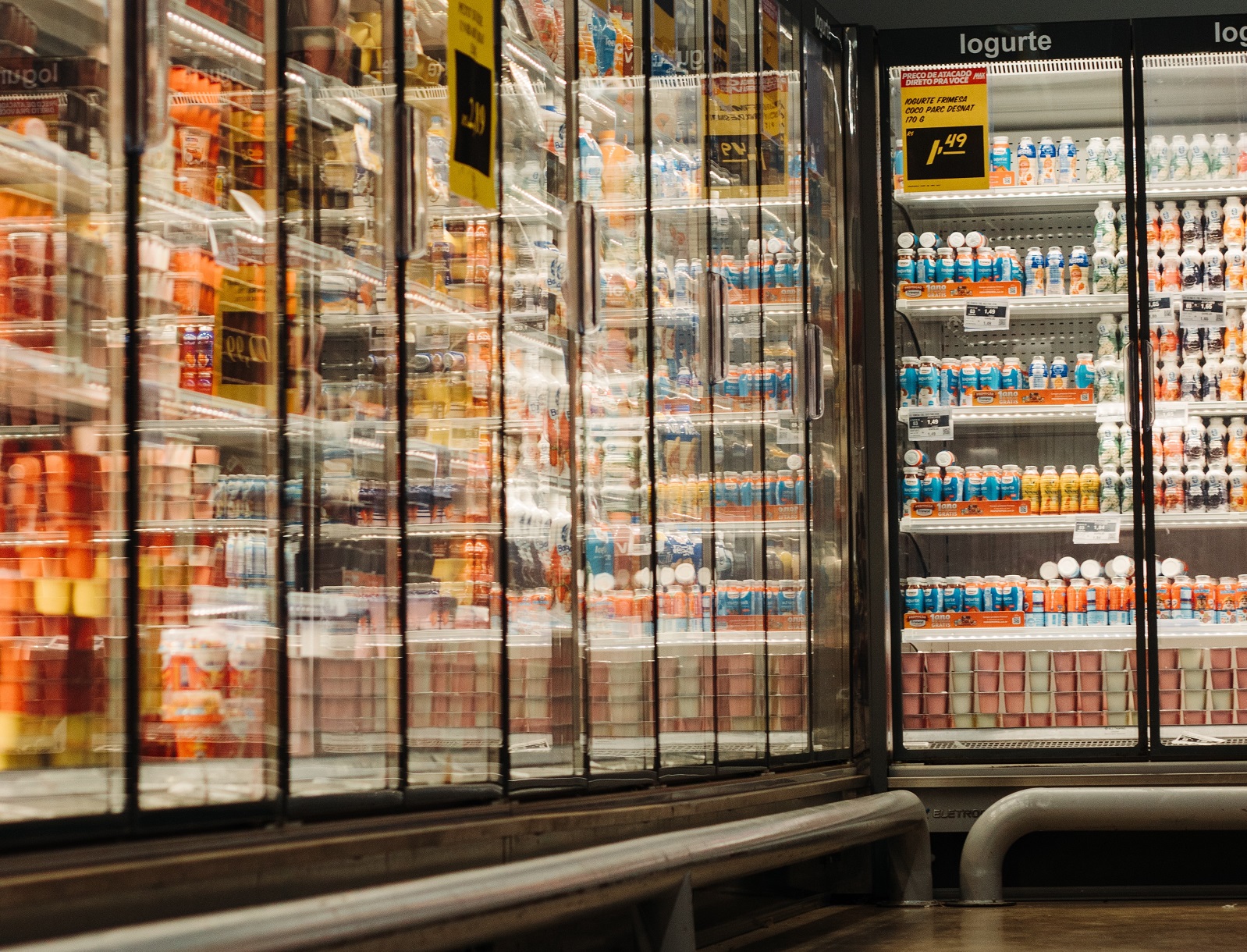 Congratulations on achieving your dream of founding a beverage startup! Now comes the hard part.
Congratulations on achieving your dream of founding a beverage startup! Now comes the hard part.
So how do you scale up without losing momentum?
In an industry dominated by giants like Coca-Cola, Starbucks, and now GT’s Kombucha, how can your startup hope to not just survive but thrive in this highly competitive market?
Choose your co-packer wisely
Your startup’s initial deal with your co-packer or the company that handles the packaging of your products is arguably the most important business relationship for scaling up. This business agreement will determine the safety and quality of your product, the protection of your intellectual property, and ultimately, how efficiently your startup can grow.
Indeed, Food Dive’s guide to choosing a co-packer suggests not only ensuring that your co-packer has state-of-the-art facilities and health practices, but also that your agreement has ample room for growth. Make sure that you appropriately limit your co-packer’s access to your brand’s copyrighted formula, and that both parties are mutually agreeable to scaling operations up or down as necessary. The key to choosing the right co-packer and drafting the right agreement is to aim for not just mutual profit but operational flexibility.
Prioritize e-commerce
While traditional business models consider e-commerce or online selling as an ‘alternative’ channel, e-commerce is taking a larger and larger share of the revenue pie. This is particularly true for food and beverage companies who have been largely affected by new health and safety protocols due to the global pandemic. In fact, CNBC reports that while Americans did 3% of their grocery shopping online prior to COVID-19, the new normal saw that number jump to 15% during the peak of the worst economic event of the century. “E-commerce has democratized the opportunity for customers to find brands,” says Elliot Begoun of TIG, a customized accelerator company that helps natural-product brands to scale properly. “They want to know about the companies behind products, and are more active in the purchase process than ever. We advise all the brands we work with to be e-commerce enabled.”
Consider forming an LLC
In a nutshell, a limited liability company (LLC) is generally the most conducive business structure for small businesses looking to scale up. The LLC structure combines the flexibility and quick decision-making powers of sole proprietorship and partnerships with the liability protection of corporations. Not every state allows for LLC formation, but Michigan does, and investors in the beverage industry have already taken advantage of this fact.
Earlier this year, Charter Capital Partners LLC which is a Grand Rapids-based investment bank created Charter’s Papa Fund LLC to fund a craft rum distiller in Florida. Through this special purpose LLC, 18 Michigan investors raised $1.33 million for Papa’s Pillar Rum in less than a year – a feat that would be more challenging for a corporation or a sole proprietorship. Indeed, a guide to forming an LLC in Michigan details how a new company’s articles of organization and operating agreement can be used to determine any special purpose for that new entity. Whether it’s creating an LLC for investments or turning your partnership into an LLC to prepare for scaling, it’s attainable in Michigan. Either way, it’s best to consult with a business law attorney to determine your next best step.
These are just some of the key steps you can take to ensure that your beverage startup can scale efficiently. Find your ideal co-packer, focus on e-commerce, and learn the ins and outs of restructuring your business for growth. Keep these tips in mind and you’ll be on the way to becoming a big player in the beverage industry.
Written by Robert E. Garza


